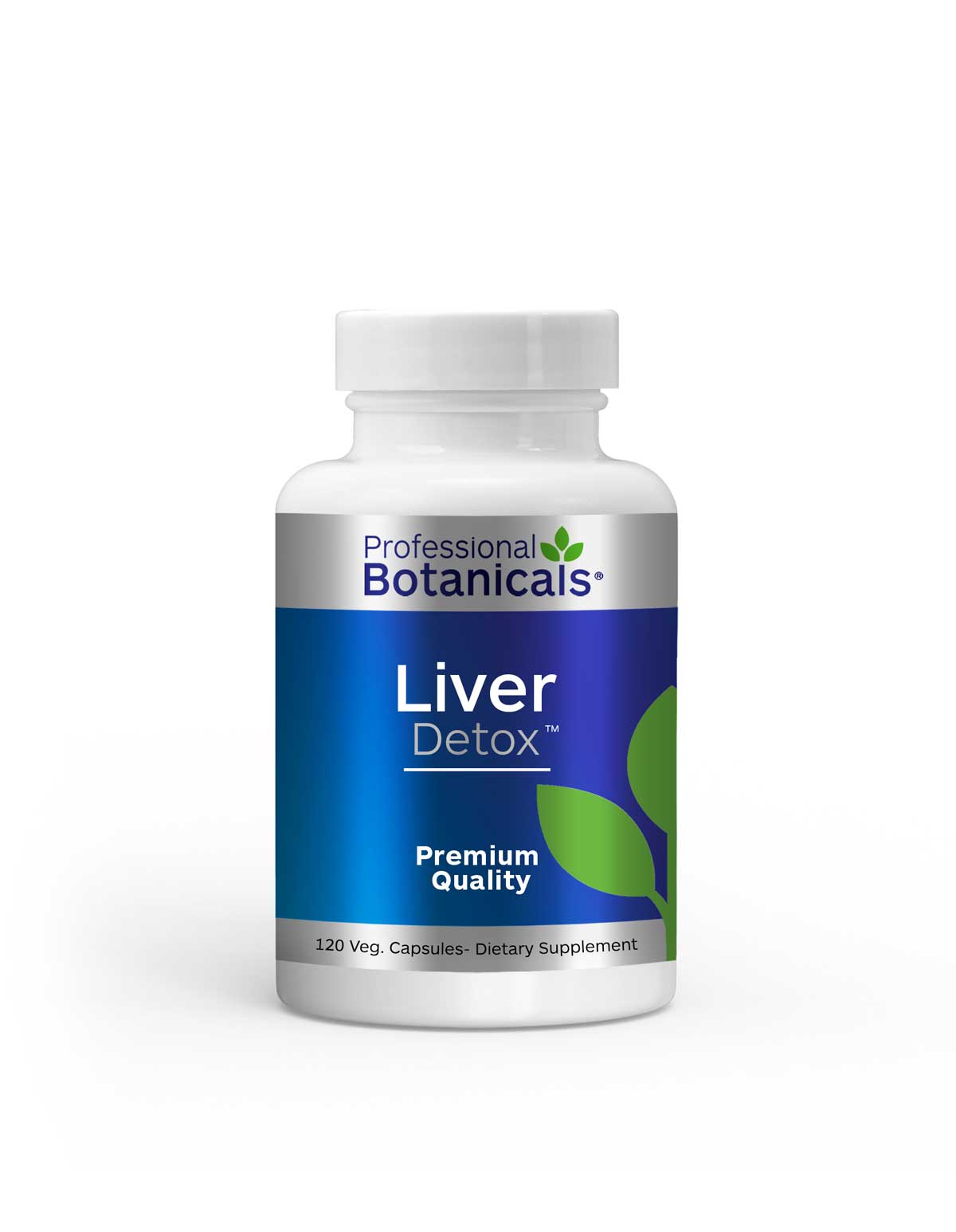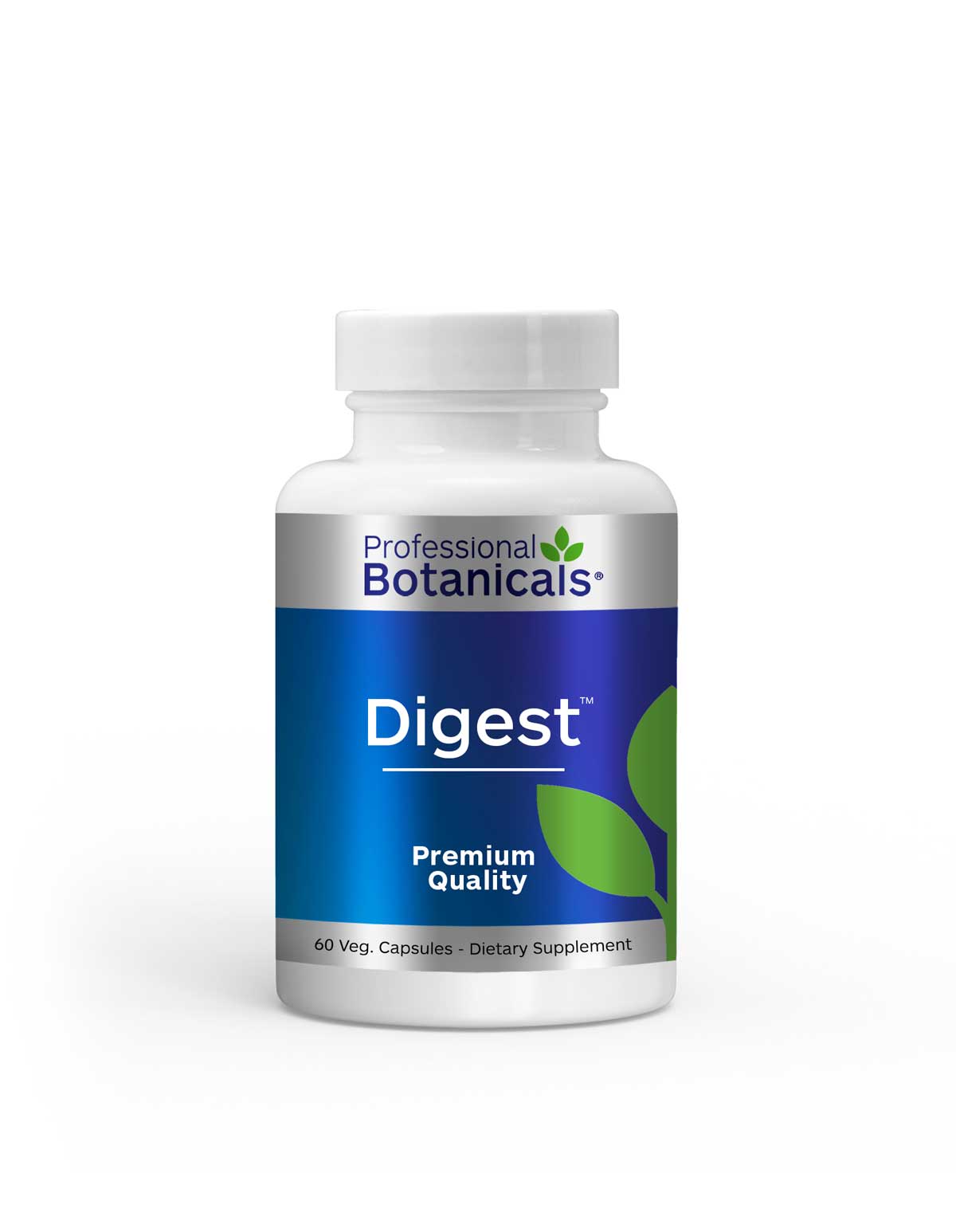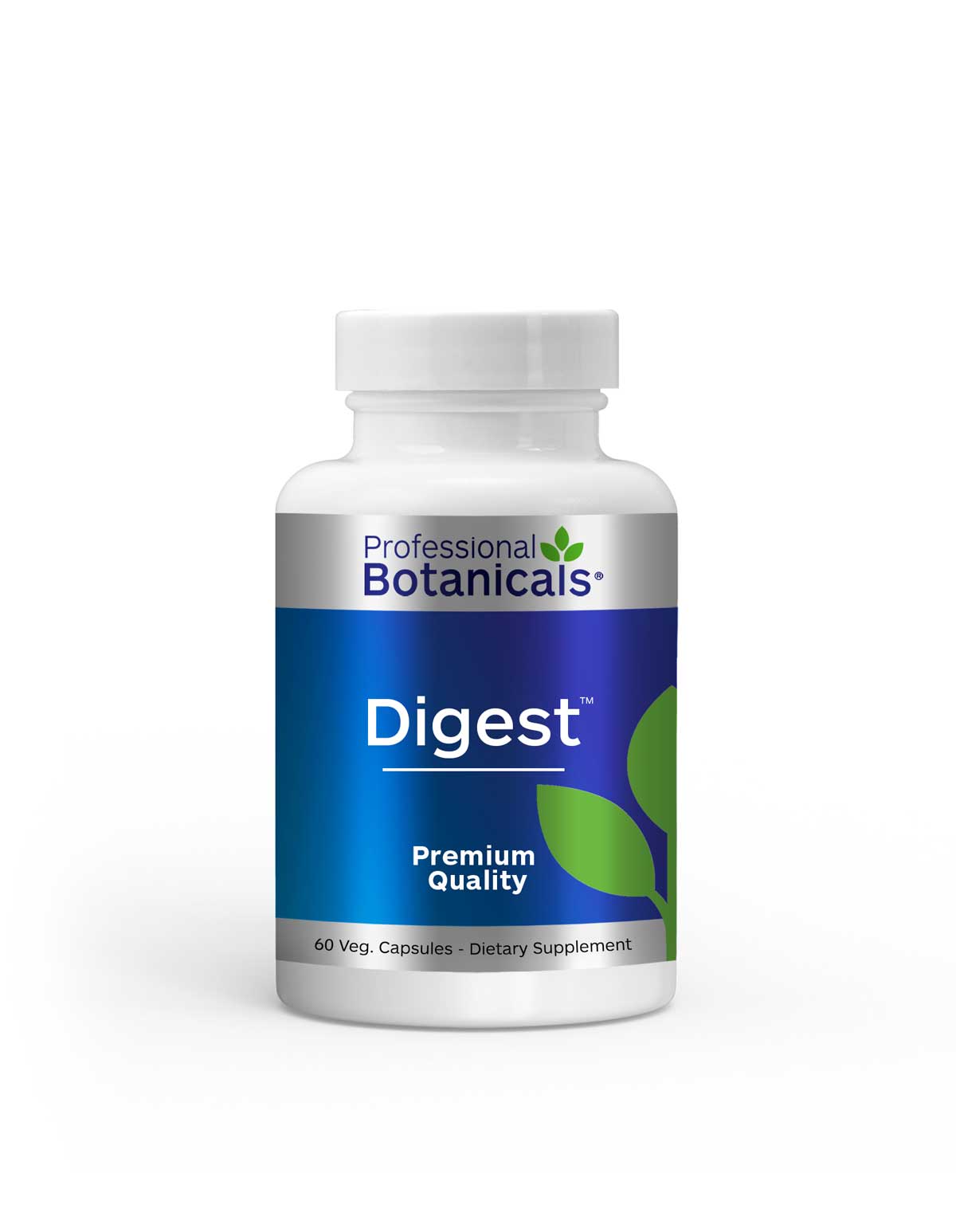Explanation
Dysfunction of the biliary system revolves around formation of gallstones. Recurrent, unresolved acute attacks result in a condition of chronic cholecystitis. Nutritional deficiencies involve imbalances in body chemistry in a manner which allows for formation of gallstones.
Considerations
Symptoms of gallstones develop only when complications ensue. Symptoms include upper gastric distress, bloating, belching, and an increasing intolerance for fried foods. Obstruction of the bile ducts distends the gallbladder. The end result of repeated attacks of acute cholecystitis produces a shrunken, scarred gallbladder which often adheres to surrounding organs. At this point it may be necessary to remove it.
Treatment
A diet high in refined carbohydrates and low in protein restricts the liver from producing adequate amounts of bile, which emulsifies fat. The bile becomes sluggish; an inflammatory reaction of the bladder mucosa allows mucous membrane cells to slough off and these cells act as a nest for cholesterol to form on and solidify, causing gallstones. A diet high in unsaturated fats is essential in treating these cases. The diet to prevent gallstones or help them dissolve must be high in Vitamins A and E to protect the cell membrane of the bladder and prevent sloughing.

Liver Detox
Supports liver and gallbladder function and normalizes bile production and flow. Also cleanses the liver. Take two, three times daily, between meals.

Digest Ease
Programs stomach and glands of digestion to improve function. Take one with each meal.
Supporting Product

In-Digest
Provides relief from gas and indigestion. Take two as needed.
